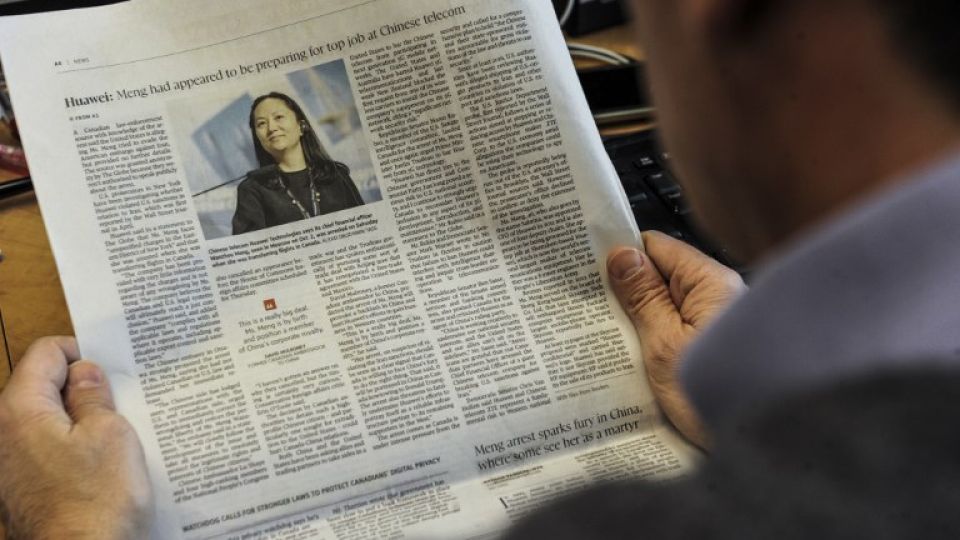March 3, 2019
Canada has begun its extradition process and a high court will rule on Meng Wanzhou’s extradition.
Beijing firmly opposes Ottawa’s obstinate procession with Huawei executive Meng Wanzhou’s extradition to the United States, and has lodged representations to Canada, Foreign Ministry spokesman Lu Kang said on Saturday.
China’s stance on Meng Wanzhou case is clear and definite, Lu said in a statement, saying that it is a serious political issue.
Both the United States and Canada are misusing their bilateral extradition treaty and are arbitrarily imposing compulsory measures on a Chinese citizen, violating her lawful rights and interests, he said.
“We once again urge the US side to immediately drop its arrest warrant and extradition request for Ms Meng Wanzhou, and also urge the Canadian side to immediately release her and allow her to go back to China peacefully,” Lu said.
Canada’s justice department gave the go-ahead Friday for an extradition case to proceed against Meng, Huawei CFO, who is wanted in the United States on fraud allegations.
The Chinese Embassy in Canada had expressed opposition to the decision in a statement .
“The Chinese side is utterly dissatisfied with and firmly opposes the issuance of Authority to Proceed by the Department of Justice Canada on the case of Meng Wanzhou,” the Embassy said.
Huawei earlier had also expressed their disappointment in Canada approving the extradition hearing against their CFO, saying “she is innocent of any wrongdoing and that the US prosecution and extradition constitutes an abuse of the processes of law”.
Meng, the chief financial officer of the Chinese company Huawei, was detained in Canada in December 2018 after the United States utilized it’s extradition treaty with Canada on charges of bank and wire fraud in the US.
Meng denies any wrongdoing.
“Canada is a country governed by the rule of law. Extradition in Canada is guided by the Extradition Act, international treaties and the Canadian Charter of Rights and Freedoms, which enshrines constitutional principles of fairness and due process,” Canada’s Justice Department said.
“The decision follows a thorough and diligent review of the evidence in this case. The Department is satisfied that the requirements set out by the Extradition Act for the issuance of an Authority to Proceed have been met and there is sufficient evidence to be put before an extradition judge for decision.”
The extradition proceedings are scheduled for March 6, 2019, when Canadian government officials will argue their case.
“An extradition hearing is not a trial nor does it render a verdict of guilt or innocence. If a person is ultimately extradited from Canada to face prosecution in another country, the individual will have a trial in that country,” the Justice Department statement said.
Meng will remain out on bail during the proceedings.
According to Canada’s Justice Department, if the extradition judge makes a decision in favor of extradition, the Minister of Justice will have to decide if that person should be extradited to the requesting country.
“Under the Extradition Act and the Treaty, Canada must review the alleged conduct and determine whether it could have resulted in a jail sentence of 1 year of more if it had taken place in Canada. The conduct for which extradition is sought must also be considered criminal in both the United States of America and in Canada. This is known as “dual criminality”,” the statement also said.
“Canada’s extradition process protects the rights of the person sought by ensuring that extradition will not be granted if, among other things, it is contrary to the Canadian Charter of Rights and Freedoms, including the principles of fundamental justice.”


